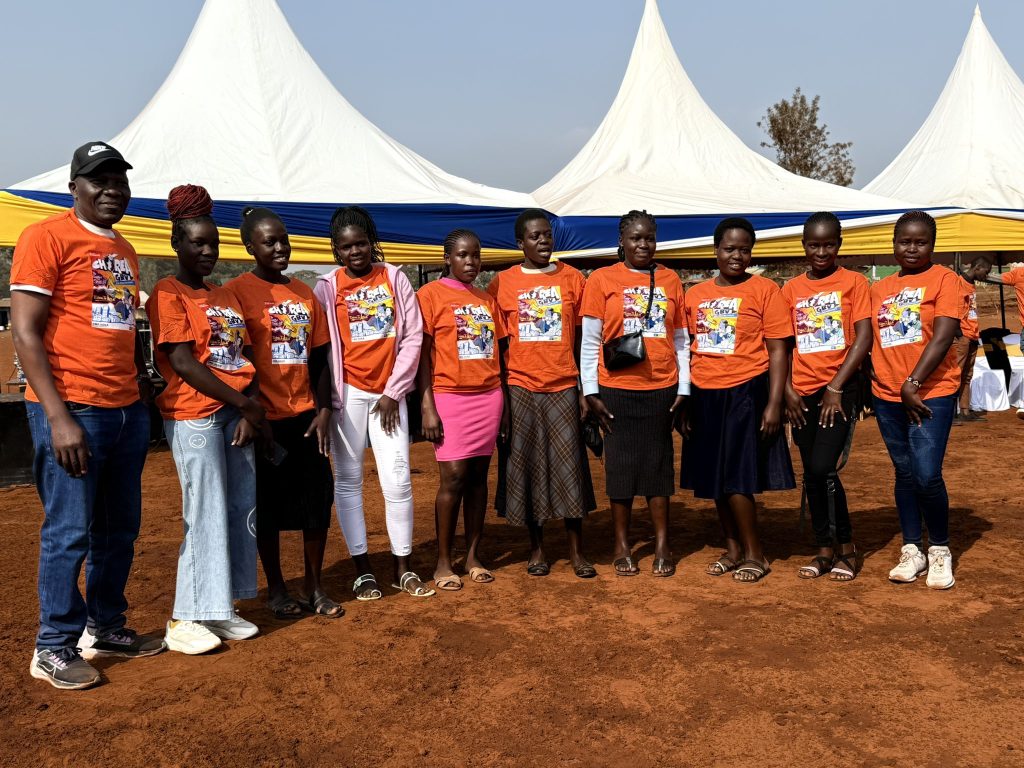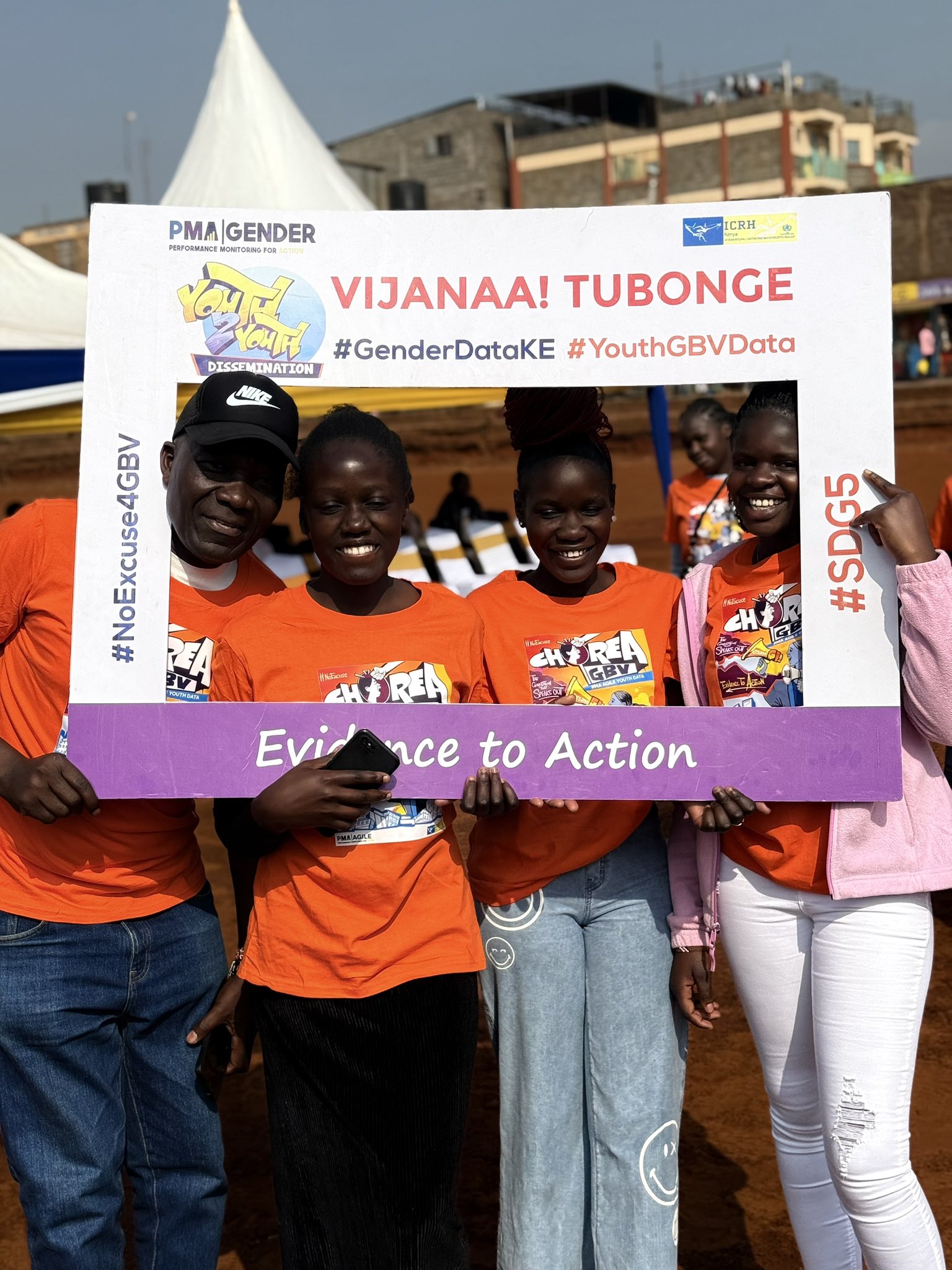By Peace Muthoka.
Nairobi, Kenya – A new survey has uncovered alarming rates of gender-based violence, sexual abuse, and social pressure facing young people in Nairobi, sparking urgent calls for action from researchers, leaders, and youth advocates.
The findings, released by the International Centre for Reproductive Health Kenya (ICRHK) at Githurai grounds, paint a troubling picture of life for many adolescents and young adults in the city. The data stems from the PMA Agile Nairobi Youth Cohort 2024 Survey, which followed young people across the capital to better understand their experiences.
Speaking during the forum, PMA Agile Principal Investigator Professor Peter Gichangi described the statistics as “deeply unsettling.” He revealed that nearly one in five young women in relationships had experienced physical violence in the past year, while over one in five reported incidents of sexual violence.

“These are not just numbers on paper. They represent daughters, students, and friends whose safety and dignity are being violated, often silently,” said Prof Gichangi.The data further revealed that intimate partner violence remains the most widespread form of abuse, affecting 28.4% of partnered young women.
Although less common, non-partner sexual violence also remains a significant concern, with 5.8% of young women reporting new cases in the past year.Experts at the forum called for urgent, youth-focused strategies to tackle the growing crisis. “It’s time we moved from counting the numbers to confronting the issues,” said one speaker.
Leaders from Johns Hopkins University, the National Council for Population and Development (NCPD), and local youth organizations echoed the call for coordinated interventions. They emphasized the need for better education, stronger community awareness, and expanded access to reproductive health services.
Samuel Kimondo, Chief of Githurai, urged families to play a more active role. “We must replace myths with facts and start these conversations in our homes. The future of our young people depends on it,” he said.
The survey also pointed to cultural barriers, limited access to family planning, and outdated gender roles as key challenges still holding youth back. However, stakeholders agreed that the data provides a roadmap for change.
“Young people are demanding respect and a seat at the table. These findings must inform real solutions,” said a youth leader at the event.As the forum closed, participants committed to forging stronger partnerships between government, communities, and the youth to build a safer, more inclusive future for Nairobi’s next generation.










